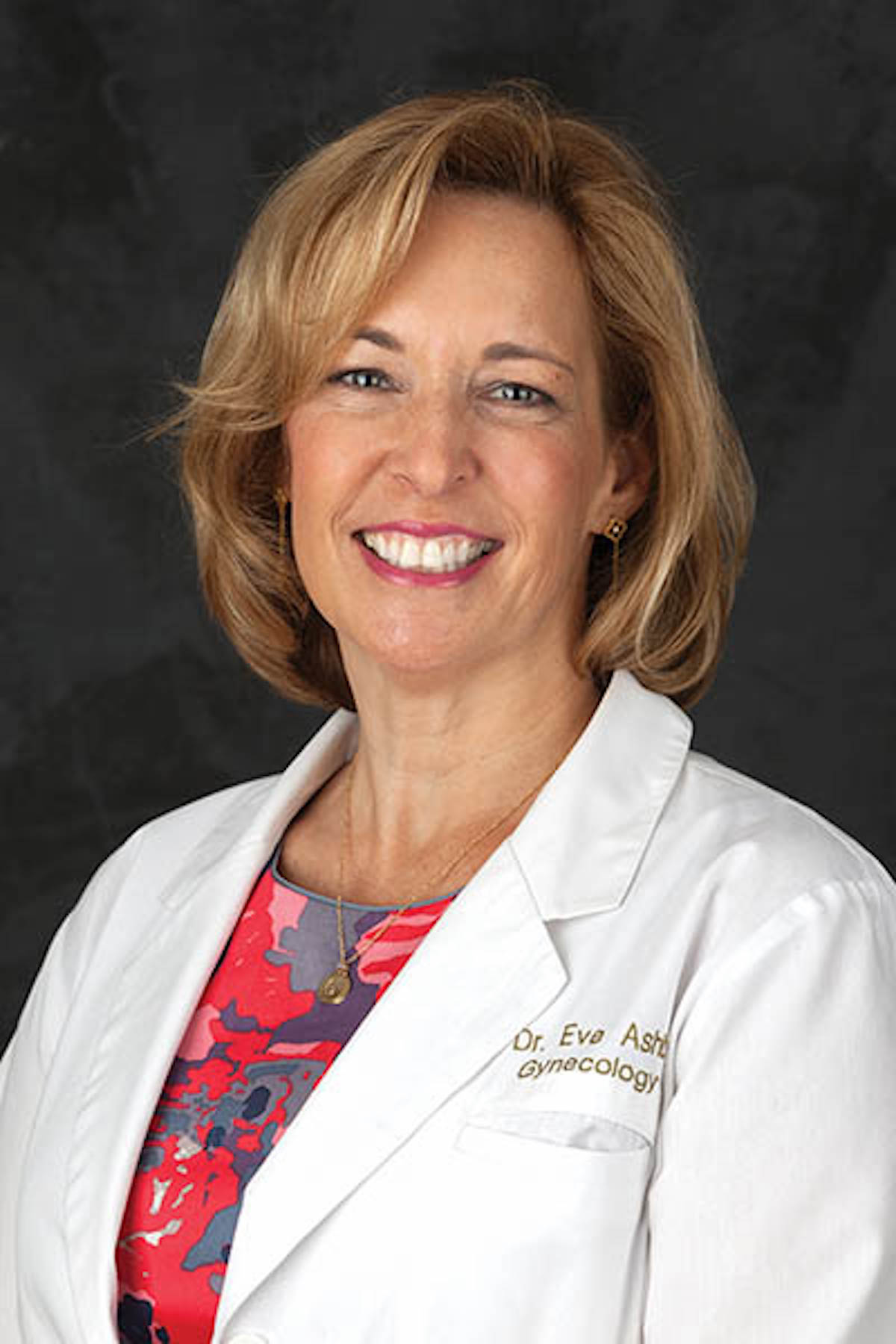
By Dr. Eve Ashby
Beaufort Memorial Lowcountry Medical Group Specialty Care
Cervical cancer rates have dropped dramatically overall since the 1970s, but they are on the rise in women between ages 30 and 44.
The good news is that most of these cancers are found at early stages. In addition to getting screened, knowing the signs of cervical cancer can help you stay proactive and know when to reach out to your doctor.
The Human Papillomavirus (HPV) and Cervical Cancer
Almost all cases of cervical cancer are caused by HPV, a sexually transmitted infection. These infections can change cells in the cervix, which is the lower part of the uterus at the top of the vagina, and cause precancerous lesions to form. If these lesions are not removed, cervical cancer can develop.
Certain risk factors can make it more likely for a person with a high-risk HPV infection to develop cervical cancer. Those risk factors include:
- History of past HPV infection
- History of abnormal Pap smears
- Smoking
- Compromised immune system
- Multiple sex partners
- Initiating sexual activity younger than 18 years old
- Family history of cervical cancer
How to prevent Cervical Cancer
HPV vaccines can prevent most cervical cancer cases, as can regular screenings and follow-up after abnormal Pap or HPV test results.
The HPV vaccine, given in two or three doses depending on age, has been proven safe and effective. It is most effective when given before a person becomes sexually active. The Centers for Disease Control and Prevention recommends all children receive an HPV vaccine at age 11 or 12. It can be given as early as age 9 and as late as age 26. Some people ages 27 to 45 may also benefit. If you are in that age range but never received the HPV vaccine, ask your women’s health provider if you need it.
Even if you have received the vaccine, routine screening for cervical cancer is still important, because the vaccine doesn’t protect against all types of high-risk HPV strains. Three types of screening are available:
- HPV test, which checks cells for high-risk HPV infection
- Pap test, which checks the cervix for abnormal cells, both precancerous and cancerous
- HPV/Pap co-test, which looks for both high-risk HPV infection and changes in cervical cells
HPV tests and Pap tests are done in the same way. Your women’s health provider will examine the inside of your vagina and your cervix and collect cervical cells and mucus to send to a lab for analysis.
How often you should get screened depends on which type of test you have. According to the U.S. Preventive Services Task Force, you should get your first Pap test at age 21 and then every three years until you’re 29 years old. Between ages 30 and 65, you should:
- Get an HPV test every five years OR
- Get a Pap test every three years OR
- Get an HPV/Pap co-test every five years
What are the signs of Cervical Cancer?
Cervical cancer symptoms vary depending on the stage of the disease. Usually, symptoms don’t appear until after the cancer has spread. However, early signs sometimes appear, including:
- Pain during sex
- Pelvic pain
- Periods that are longer or heavier than usual
- Vaginal bleeding after sex
- Vaginal bleeding after menopause or between periods
- Watery vaginal discharge that has an unpleasant odor or contains blood
Additional signs can develop after cervical cancer has spread to other parts of the body. Symptoms of advanced cervical cancer include the symptoms above, as well as:
- Abdominal pain
- Backache
- Fatigue
- Painful bowel movements, with or without bleeding from the rectum
- Painful urination, with or without blood in the urine
- Swollen legs
If you notice any cervical cancer symptoms, see your provider right away. Other conditions can cause similar symptoms, and your provider will determine whether additional tests are necessary.
Approximately 92% of women diagnosed with early stage cervical cancer live at least five years or longer. By staying vigilant about getting regular cervical cancer screenings, you can help ensure any precancerous or cancerous areas are detected early.
Eve A. Ashby, DO, FACOOG, is a board-certified gynecologist with Beaufort Memorial Lowcountry Medical Group in Beaufort and Okatie. Dr. Ashby is also an Assistant Professor and Regional Director of Medical Education for A.T. Still University School of Osteopathic Medicine.

